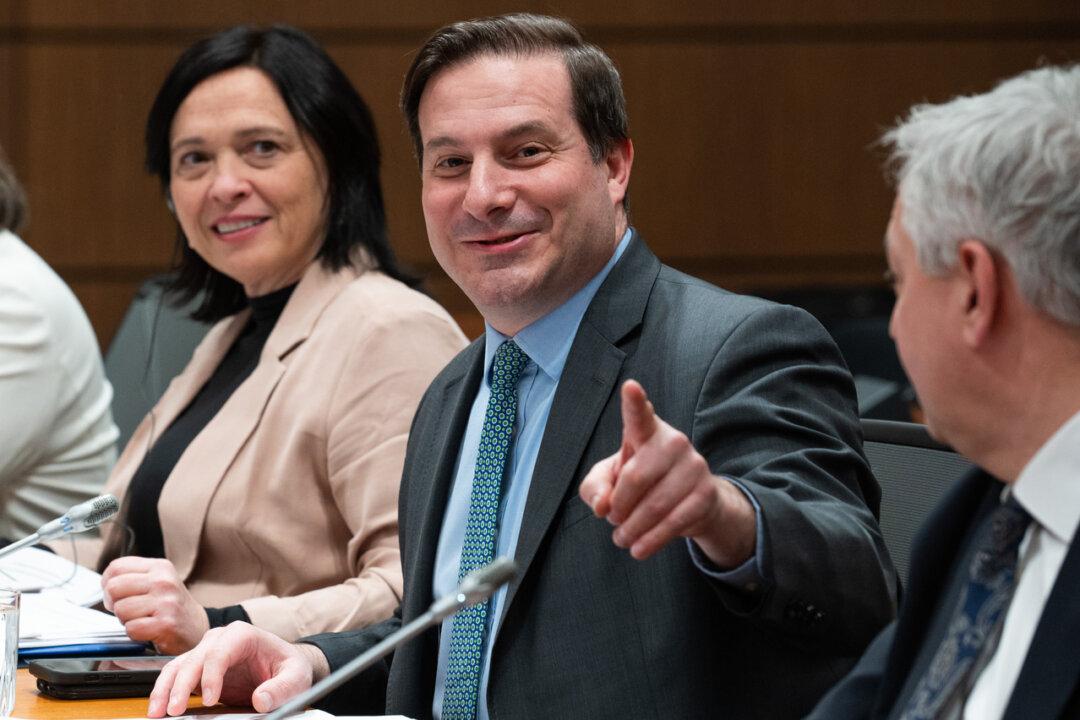Amid requests by opposition MPs for a foreign agent registry in the face of increased espionage and influence activities by Beijing, Public Safety Minister Marco Mendicino said Canada should be “thoughtful and inclusive” when it comes to creating such a registry.
“We need agencies to be inclusive, diverse, culturally sensitive,” Mendicino told the House of Commons Committee on the Canada–People’s Republic of China Relationship on Feb. 6.





